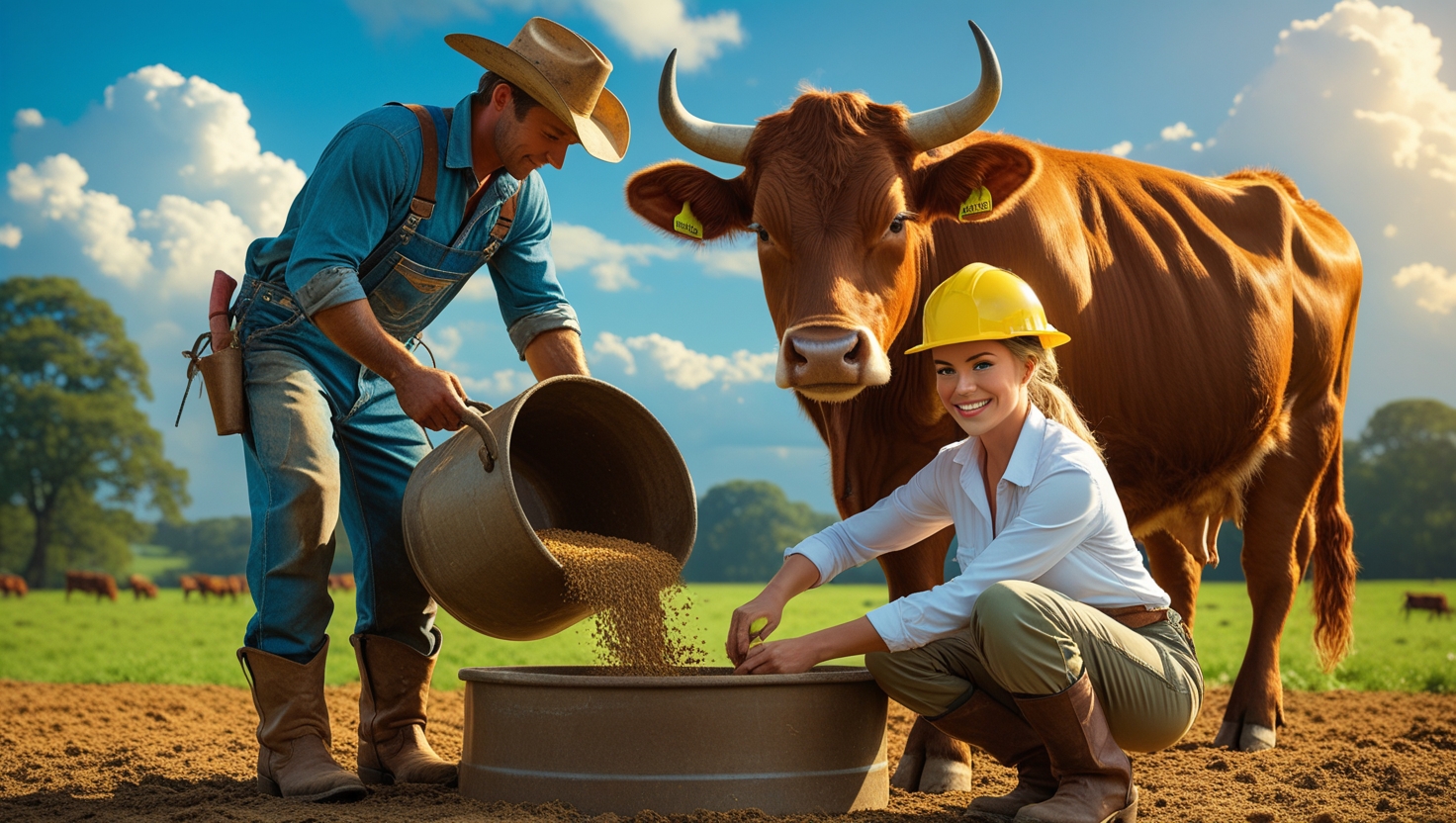Advertisement
Cattle Farm Worker – Feeding, Cleaning & Herd Management
Working as a cattle farm worker in Germany offers a unique and fulfilling opportunity for individuals interested in agriculture, animal care, and rural life. This job involves a combination of physical labor, responsibility, and compassion, centered around the daily care of cattle. Whether it’s a small family-run dairy farm in Bavaria or a large-scale cattle operation in Lower Saxony, the role of a cattle farm worker is critical to maintaining the health and productivity of the herd.
Advertisement
One of the primary responsibilities of a cattle farm worker is feeding the animals. This involves not only distributing hay, silage, or grain but also ensuring that each cow receives the appropriate amount of nutrients according to its age, health, and production stage. Workers need to understand basic animal nutrition and be able to identify signs of overfeeding or underfeeding. Automated feeding systems may be used on larger farms, but manual feeding is still common, especially on smaller farms.
Advertisement
Cleaning and maintaining hygiene is another essential part of the job. Cow barns, milking parlors, and feeding areas must be kept clean to prevent the spread of disease and ensure a healthy environment for the animals. This can involve removing manure, replacing bedding materials such as straw or sawdust, and regularly disinfecting equipment. A clean environment not only benefits the animals but also contributes to the overall efficiency and sustainability of the farm.
Herd management is where the job becomes more complex and rewarding. Cattle farm workers assist with monitoring the health and behavior of the herd, identifying any signs of illness or injury, and sometimes administering basic treatments or notifying a veterinarian. Understanding animal behavior and maintaining a calm, patient approach is crucial. Workers often participate in breeding programs, help with calving, and care for newborn calves. Keeping accurate records of births, treatments, and vaccinations is also a key part of herd management.
In Germany, working on a cattle farm may also involve operating machinery such as tractors, feeders, and manure spreaders. Workers must adhere to safety regulations and sometimes need a license or training to operate this equipment. Communication skills are important as workers often coordinate with other staff members or farm owners. In some cases, knowledge of the German language can be helpful or required, depending on the location and employer.
Beyond the physical aspects, this job provides a deep connection to nature and rural life. Workers experience the rhythms of the seasons, the satisfaction of seeing healthy animals thrive under their care, and the pride of contributing to food production in a sustainable way.
Overall, the role of a cattle farm worker in Germany is demanding but offers a meaningful career path for those who value hard work, animal welfare, and the agricultural lifestyle. With the right mindset and dedication, it can be an enriching experience both professionally and personally.
